Cream of tartar is the powdered form of tartaric acid or potassium bitartrate. Recognized for its capability to stabilize whipped egg whites and prevent crystallization, this fine white powder of cream of tartar is well-known in baking. But what happens when this essential ingredient is missing from your kitchen shelves when you need it most?
In this post, we will explore the best cream of tartar substitutes. These stand-ins, often hidden in plain sight, possess the potential to rescue your recipes and elevate your culinary creations.
The 9 Best Cream Of Tartar Substitutes
White Vinegar
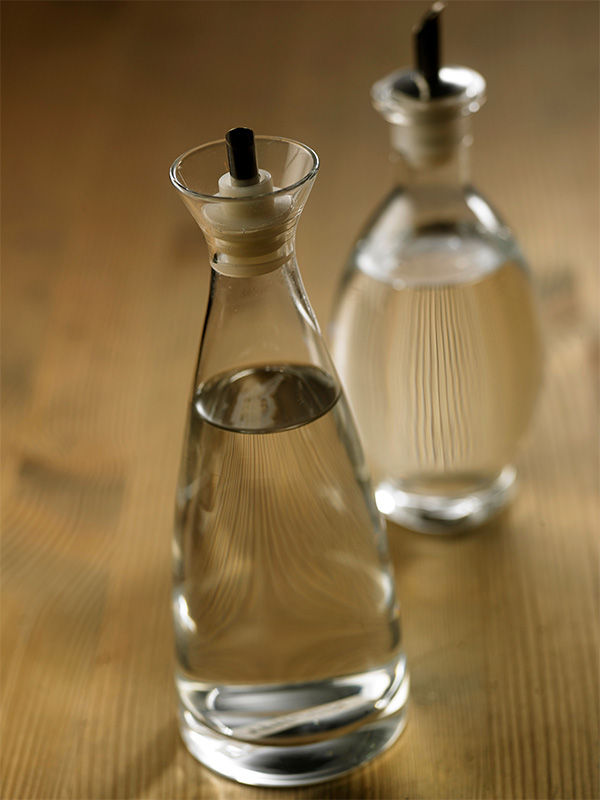
White vinegar stands out as an excellent cream of tartar substitute, particularly in baking endeavors. When replicating the acidic properties of cream of tartar, white vinegar takes the spotlight.
For each 1/2 teaspoon of cream of tartar required in a recipe, simply substitute it with 1 teaspoon of white vinegar. This vinegar not only provides the necessary acidity but also aids in activating leavening agents like baking soda.
When you use white vinegar as a substitute, your recipe demands a slightly tangy or acidic element. It works exceptionally well in recipes like meringues, where the cream of tartar helps stabilize egg whites, or in creating homemade buttermilk by adding it to milk.
Fresh Lemon Juice
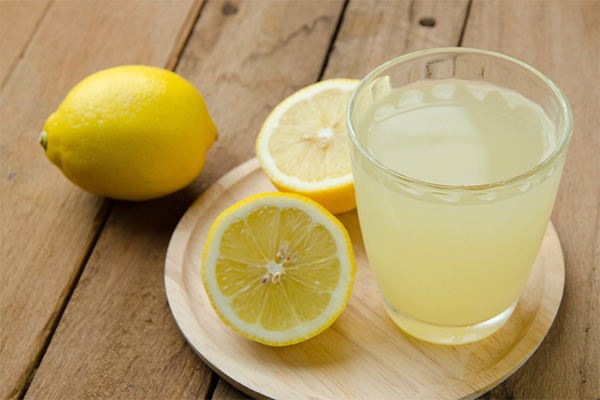
Lemon juice is a stellar cream of tartar substitute in baking, especially when you're seeking a touch of citrusy acidity. When combined with baking soda, lemon juice can also act as a leavening agent in cakes and other baked goods.
You can effortlessly substitute one teaspoon of lemon juice for every half teaspoon of cream of tartar called for in a recipe. The beauty of using that much lemon juice lies in its ability to mimic the tartness of cream of tartar while infusing a delightful citrus flavor into your creations.
Lemon juice is an excellent option for meringues, particularly when the cream of tartar contributes to stabilizing egg whites. Additionally, lemon juice can elevate the flavor profile of various desserts, imparting a refreshing tang that pairs well with sweets.
Baking Powder
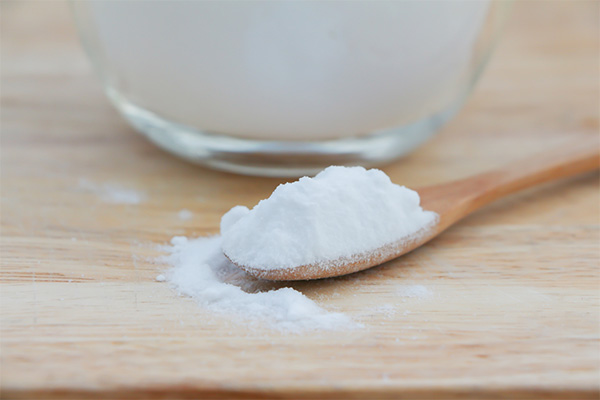
When your recipe calls for cream of tartar and baking soda as a leavening agent, consider baking powder a suitable substitute. While cream of tartar primarily imparts acidity to recipes, baking powder encompasses both an acid (usually cream of tartar) and a base (typically baking soda). This dual-action nature allows baking powder to mimic the acidity of cream of tartar while also providing the leavening power of baking soda.
When substituting cream of tartar with baking powder, use a 2:1 ratio. Substitute one teaspoon of baking powder for every 1/2 teaspoon of cream of tartar required in the recipe.
Replacing cream of tartar with baking powder is most suitable in recipes where leavening and a touch of acidity are needed simultaneously, such as in various baked goods like brownies, cookies, muffins, and pancakes.
Yogurt

Yogurt is an intriguing cream of tartar substitute in baking, particularly when you're looking to incorporate a hint of tanginess and leavening power. Its accessibility in most kitchens makes it a convenient solution when the cream of tartar isn't on hand, offering both acidity and a unique flavor profile to your culinary creations.
To replace 1/2 teaspoon of cream of tartar in a recipe, simply use 1/2 teaspoon of yogurt. It's a straightforward one-to-one swap.
The beauty of yogurt lies in its ability to provide acidity and moisture simultaneously, making it an ideal choice for recipes like pancakes, muffins, and quick breads. The tangy flavor it imparts can also enhance the overall taste of your baked goods, especially when paired with other complementary ingredients.
Buttermilk
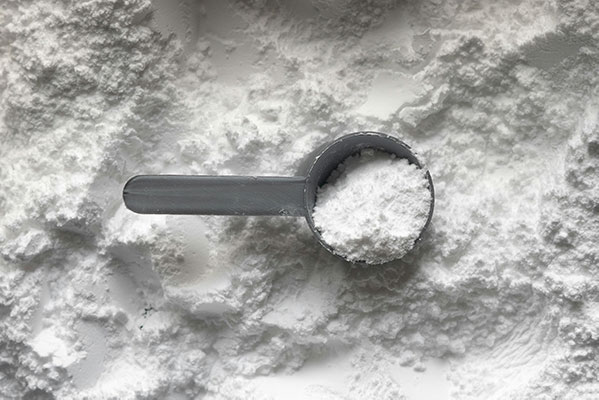
Buttermilk is a fantastic cream of tartar substitute in baking, primarily due to its natural acidity and tangy flavor profile. Furthermore, the creamy consistency of buttermilk enhances the moisture and tenderness of your baked creations.
To substitute for 1/2 teaspoon of cream of tartar in a recipe, you can use 1/2 cup of buttermilk. This one-to-one substitution maintains the necessary acidity while introducing the distinctive taste of buttermilk into baked goods like pancakes, biscuits, and cakes. It provides the required acidity for leavening and imparts a pleasant tang that enhances the overall flavor.
Plain Yogurt And Baking Powder
Plain yogurt and baking powder combine to form a versatile cream of tartar substitute in baking. This duo offers both acidity and leavening power, making it an effective choice when you're out of cream of tartar.
To replace 1/2 teaspoon of cream of tartar, use 1/4 teaspoon of baking powder and 1/4 cup of plain yogurt. This substitution maintains the required acidity for leavening while introducing the moisture and tangy flavor of yogurt.
The beauty of this combination lies in its ability to enhance the texture and taste of your baked goods. Adding yogurt introduces a creamy richness, while the baking powder ensures leavening. It's a convenient alternative for recipes like pancakes, muffins, and quick breads, where a touch of tang and leavening power are desired.
Molasses
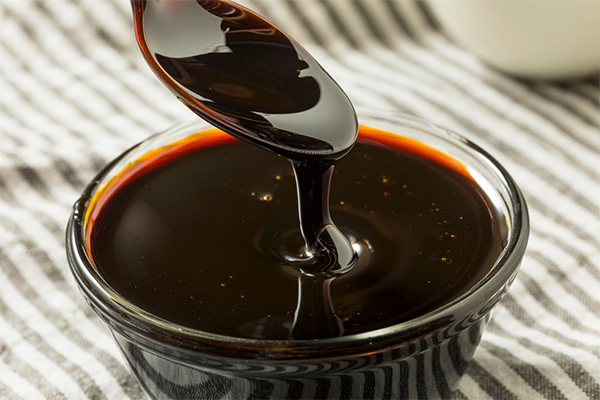
Molasses emerges as a unique yet effective cream of tartar substitute in baking, particularly when you want to add depth and a hint of sweetness to your recipes. Molasses add moisture and a subtle sweetness, contributing to your baked treats' overall texture and richness.
You can substitute 1/2 teaspoon of cream of tartar for 1 1/2 teaspoons of molasses. This substitution maintains the required acidity while infusing your baked goods with a rich molasses flavor.
The advantage of molasses is its ability to impart a distinctive taste and aroma to your creations. It works exceptionally well in recipes like gingerbread cookies and cakes, whose robust flavor complements the other ingredients.
Egg Whites
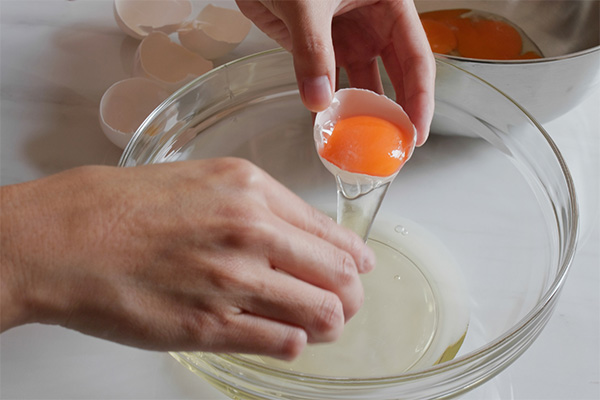
Egg whites serve as an unexpected yet effective cream of tartar substitute for baking. The advantage of using egg whites as a substitute lies in their ability to create stable, voluminous peaks when whipped.
For a 1/2 teaspoon replacement of cream of tartar, consider using two egg whites. This substitution is particularly useful in recipes where the acidic properties of cream of tartar are required to stabilize and add structure to beaten egg whites, such as meringues and angel food cakes.
Cream of tartar is often used to achieve this in recipes, but egg whites can fulfill the same role. Its proteins help trap air and form a stable foam, making them an ideal choice when you're out of cream of tartar.
Alum
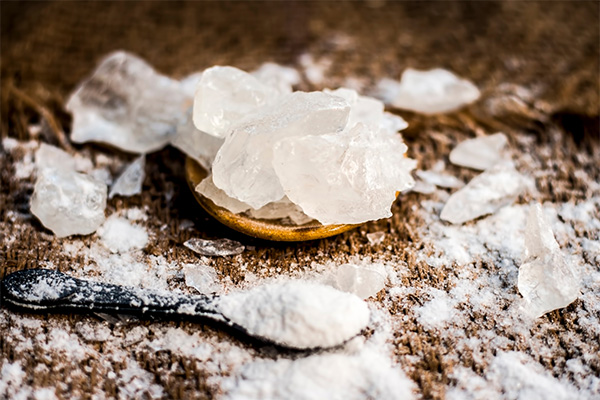
While not commonly used in everyday baking recipes, alum, also known as potassium aluminum sulfate, can serve as an effective cream of tartar substitute in specific situations. It shares some acidic properties with cream of tartar, making it a suitable alternative in a pinch. Alum helps create stable, voluminous peaks when whipping egg whites, which is essential for achieving the desired texture in meringues and similar dishes.
You can substitute 1/4 teaspoon of alum for 1/2 teaspoon of cream of tartar. This substitution is particularly useful in recipes where cream of tartar's acidic properties are needed to stabilize egg whites, such as meringues and angel food cakes.
However, it's essential to note that alum has a distinct taste and can be bitter if used excessively, so it's best reserved for recipes where its unique characteristics won't overpower the dish's flavors.

